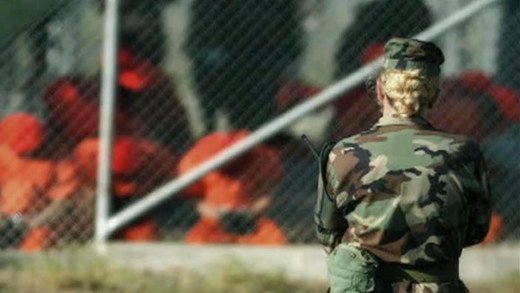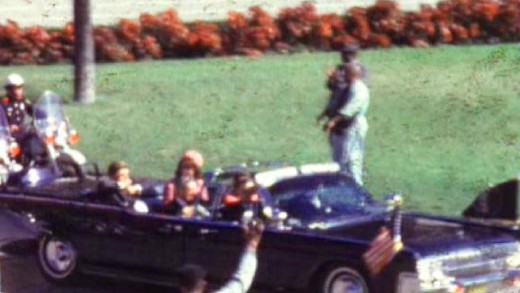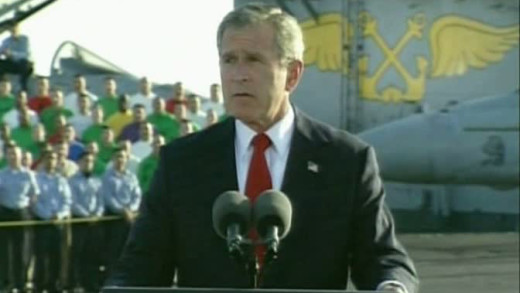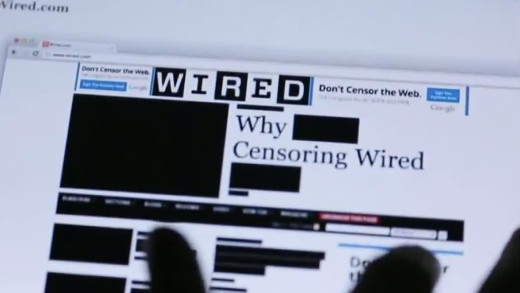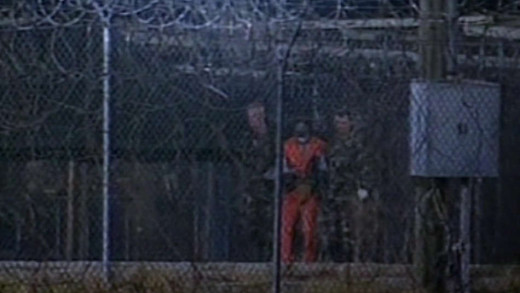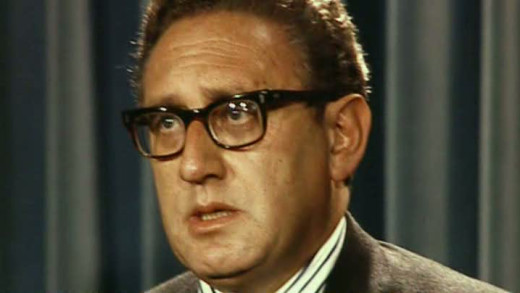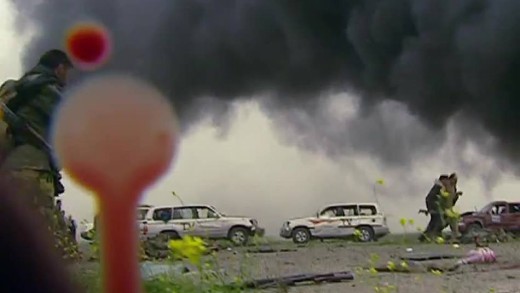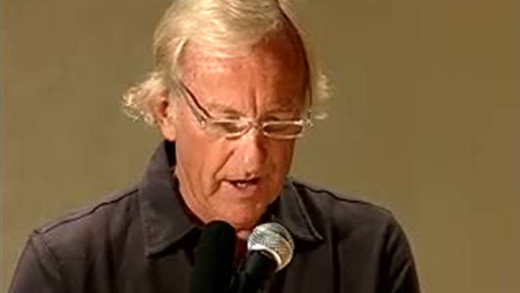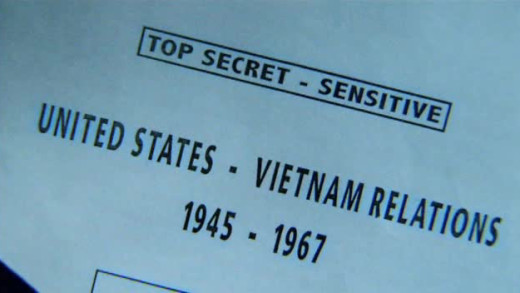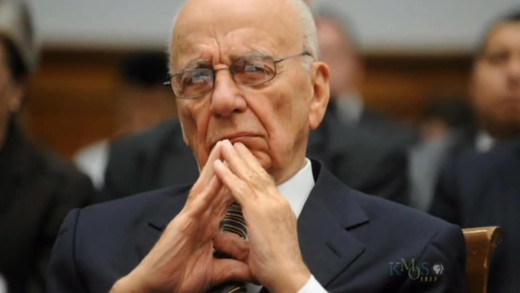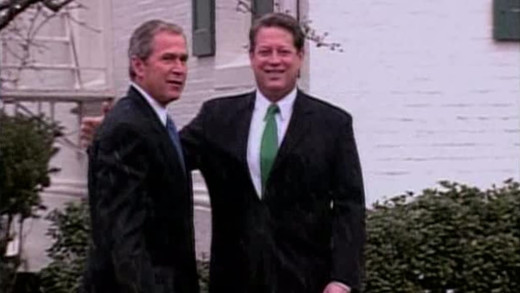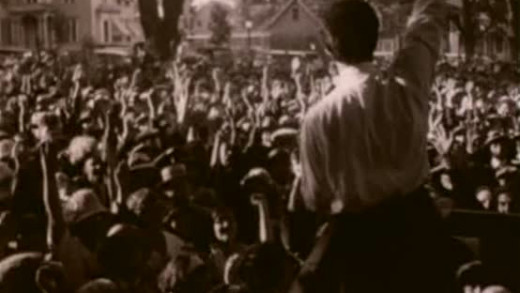Cambodia -- The Betrayal is the fourth follow-up to John Pilger and David Munro's series on Cambodia, the film Year Ten from 1989, which examined the hypocrisy of western geopolitics by looking at the way in which the United Nations pressured Cambodia to accept the Khmer Rouge regime as part of the United Nations peace plan.
Underground is a film about the Weather Underground Organisation—a group founded as a militant faction of the civil rights and anti-war movement of the 1960s and 1970s. The film combines interviews with members of the group after they went underground who explain how they became radicalised amongst the political happenings in the United States at the time, as well as the revolutionary struggles in Cuba, Russia and China, and the history of struggles over Native American rights and labour issues. Also detailed is the group's analysis of American society, addressing those who have inspired them, and further explaining the reasons behind their militancy, while also introducing the issue of tactics. We see the use of property destruction as a way to bring about change and destabilise the current political order. Underground takes an intimate look at the inner workings of the Weather Underground and their strong internal collective identity, providing a record of how a bunch of middle-class Americans became self-styled militant revolutionaries, raising questions not only about the merits of their struggle, but also about past and future radical actions.
In the United States and elsewhere, both sides of politics have revelled in spectacle and image for many decades. But when Donald Trump, the billionaire reality-television host became president, a new escalation of image and spectacle engulfed dominant culture. The Trump Show is a series that explores the beguiling spectacle of the Trump years, through interviews with former White House staffers, media managers, campaign directors, and other personalities that were close to Trump during his presidency. The series documents how image has now replaced substance in politics in a totalising way, and how false constructions seek to pave over reality through a culture that is deeply rooted in hyper-individualism, fierce and corrupt competition, ideological dogmatism, and post-modern delusions.
The discrepancies between the "War on Terror" and the facts on the ground in Afghanistan and Iraq are many. In 2001, as the bombs began to drop, George W. Bush promised Afghanistan, "the generosity of America and its allies." Now, the familiar old warlords are retaining their power, religious fundamentalism is expanding its grip and military 'skirmishes' continue routinely. In "liberated" Afghanistan, America has its military base and pipeline access, while the people have the warlords who are, as one woman says in the film, "in many ways worse than the Taliban."
The Mayfair Set is a four part series that studies how capitalists overtly and surreptitiously came to prolifically shape governments during the 1980s, epitomised by the Thatcher government in Britain at the time. But the corporate influence of political power doesn't simply arrive, it rather culminates after decades of engineering rooted in the economic collapse from the aftermath of the Second World War. This series focuses on the unreported and almost unseen approach that capitalists have taken since the 1940s to gradually take control of the political systems of not only the United States and Britain, but elsewhere around the world—exemplified by the boom of globalisation.
US Foreign Policy -- The War Against The Third World is a video compilation series of 10 segments about CIA covert operations and military interventions since World War II.
Cambodia -- Year Ten Update examines the reactions of the British government and the United Nations to the international outcry over the situation in Cambodia.
Using Oliver Stone's epic film "JFK" as a springboard, Beyond JFK: The Question of Conspiracy brings together extensive research around the assassination of John F Kennedy in 1963, to challenge serious flaws in the official narrative. Featuring interviews with Jim Garrison, the District Attorney who brought the conspiracy case of Clay Shaw in 1969, as well as interviews with his staff, Numa Bertel, Lou Ivon and Perry Russo; in addition to numerous reporters, eyewitnesses, archivists, and others, Beyond JFK is a cumulative look into the huge amounts of public research that went into the counter-narrative of the JFK assassination, forming the basis of the production of the JFK movie as a way of presenting the research to the public through pop-culture.
Split Screen tells the story of January 6, 2021, where an estimated 2,000 people stormed the United States Capitol building, attempting to stop the certification of votes from the 2020 election. What started as a protest became violent chaos, killing several people and injuring over 140. The event was the culmination of years of angst, anger, violence, and confusion, that began stirring years or even decades earlier in the thick of growing polarisation in the United States. Certain media outlets and social media influencers spread content fuelling division and angst in the months leading up to and following the election. Allegations of voter fraud--rejected by state and federal officials in both parties, as well then-Attorney General William Barr--were amplified and emboldened by conservative media, ultimately igniting the rage and frustration of an undeniable portion of people in the United States who get their news and information through big tech, and the slurry of social media echo-chambers.
To many in both business and government, the triumph of the self is the ultimate expression of democracy, where power is truly moved into the hands of the people. Certainly the people may feel they are in charge, but are they really? The Century of the Self tells the untold and controversial story of the growth of the mass-consumer society. How is the all-consuming self created, by whom, and in whose interest?
Why have a real election when you can just buy the result? In Bush Family Fortunes, Greg Palast examines various aspects of the Presidency of George W. Bush, including the very controversial 2000 US Presidential 'election' and of course, the invasion of Iraq. What are the Bush family connections?
In January 2012, two controversial pieces of legislation were making their way through the United States Congress. SOPA, the "Stop Online Piracy Act", and PIPA, the "Protect Intellectual Property Act", were meant to 'crack down' on the illegal sharing of digital media. The laws were drafted on request of the 'content industry' -- Hollywood studios and major record labels. But websites reacted against the government to speak out against SOPA, and the bill was effectively killed off after the largest online 'protest' in history. But it was only one win in a long battle between authorities and online users over Internet regulation. SOPA and PIPA were just the latest in a long line of 'anti-piracy' legislation that governments have been pressing since the 1990s. Can and should the internet be controlled? Who gets that power? How far will the United States government go to control the Internet?
Counter-Intelligence is a 5 part series that explores in-depth, the vast, sprawling and secret National Security State that operates throughout the United States--and indeed the world. The series examines the foundations of the Military-Industrial-Intelligence Complex, charting through to the myriad consequences in today's world where secret intelligence organisations continue to hijack governments, manipulate elections and commit heinous crimes against humanity--all under the cloak of "National Security". In the wake of the continued revelations of the NSA PRISM program, this series is now more important than ever to provide a solid historical context to the workings of the rapacious and ever-expanding National Security State...
In December 2001, David Hicks, an Australian citizen, was captured in Afghanistan and handed over to the United States military, where he was moved to Guantanamo Bay for "interrogation." He has been held there ever since, not charged with any crime. Despite this, the United States labelled him an "unlawful combatant," a legal fiction concocted by the United States in order for them to torture Hicks and many other people like him, in the name of fighting the so-called "War on Terror." Many people, including Hicks, were kept in detention without charge for many years, denied a fair trial, and denied access to the United States' legal system. So how did a 26 year old former-stockman from Adelaide end up in the United States' torture chamber? Terry Hicks, David's father, sets out to answer this question, as he traces his son's journey from Adelaide to Japan to Kosovo, through Pakistan and Afghanistan, where he is captured in Taliban country.
The Trap
If one steps back and looks at what freedom actually means in the West today, it's a strange and limited kind of freedom. The United States and its empire self-describe fighting the Cold War for "individual freedom," yet it is still something that the leaders of our so-called democracies continually promise to give us. Abroad, in Iraq and Afghanistan, the attempt to force "freedom" on to other people has led to more than just bloody mayhem, and this, in turn, has helped inspire terrorist attacks in Britain and elsewhere. In response, the government has dismantled long-standing laws that were designed to protect individual freedom and civil liberties.
The Trials of Henry Kissinger examines the evidence of war crimes by Henry Kissinger during his time as the United States "National Security Advisor" and later Secretary of State for President Nixon and President Ford. Acting in the role of the prosecution, journalist Christopher Hitchens presents solid evidence of Kissinger's complicity in a series of war crimes involving Indonesia, Bangladesh, Chile, Cyprus, East Timor and many other countries...
In 1978, three years after the end of the Vietnam War, film-maker John Pilger travels back to Vietnam to find out what had happened under the new regime. Do You Remember Vietnam? recounts numerous personal stories: talks with a young tour guide at a war crimes museum who had been imprisoned in the infamous US tiger cages; a former North Vietnamese soldier into the underground base where he spent 20 years crawling through tunnels undetected; and views from the streets in Hanoi, where the largest single aerial bombardment in history took place.
Bitter Lake
Bitter Lake explores how the realpolitik of the West has converged on a mirror image of itself throughout the Middle-East over the past decades, and how the story of this has become so obfuscating and simplified that we, the public, have been left in a bewildered and confused state. The narrative traverses the United States, Britain, Russia and Saudi Arabia—but the country at the centre of reflection is Afghanistan. Because Afghanistan is the place that has confronted political figureheads across the West with the truth of their delusions—that they cannot understand what is going on any longer inside the systems they have built which do not account for the real world. Bitter Lake sets out to reveal the forces that over the past thirty years, rose up and commandeered those political systems into subservience, to which, as we see now, the highly destructive stories told by those in power, are inexorably bound to. The stories are not only half-truths, but they have monumental consequences in the real world.
In 2015, peaceful protests and destructive riots erupted when Freddie Gray, a 25-year-old African American, died in police custody in Baltimore, United States. While the city waited to see the fate of the six police officers involved in the incident, who were all ultimately not punished, Baltimore Rising shows activists, police officers, community leaders, and gang affiliates, who struggled to hold the city together, as the homicide rate hit record levels. The death of Gray by police catalysed the longstanding fault lines in a distraught community, damaged by corruption and inequality. Baltimore Rising chronicles the determined efforts of people on all sides who are working to make their community better, sometimes coming together in unexpected ways.
Did you know that the legal system recognises a corporation as a person? What kind of 'person' is it then? What would happen if it sat down with a psychologist to discuss its behaviour and attitude towards society and the environment? Explored through specific examples, this film shows how and why the modern-day corporation has rapaciously pressed itself into the dominant institution of our time, posing big questions about what must be done if we want a equitable and sustainable world. What must we do when corporations are psychopaths?
Australian journalist, author and film maker John Pilger speaks about global media consolidation, war by journalism, the US military and its quest for domination/hegemony in the post 9-11 era and the false history that is presented in the guise of 'objective' journalism...
In 1971, Daniel Ellsberg shook the United States to its foundations when he leaked top-secret Pentagon documents to the New York Times that showed how five Presidents consistently lied about the Vietnam War. Consequently, National Security Advisor Henry Kissinger called Ellsberg "the most dangerous man in America," who "had to be stopped at all costs." But Ellsberg wasn't stopped. Facing 115 years in prison on espionage and conspiracy charges, he fought back...
Over half a century, Rupert Murdoch's rapacious business audacity has built one of the world's most powerful and ubiquitous media empires. But with revelations of bribery, blackmail, collusion with police and government, wiretapping and other invasions on privacy, the empire seems to be showing cracks. The scandal has prompted criminal investigations on both sides of the Atlantic and also broken open the insular world of the Murdoch family, its news executives, and the vast political elite who court their favour. Murdoch's Scandal tells the story of the battle over the future of News Corporation and the challenging of the extensive media empire...
Salmon Confidential follows renowned biologist Alexandra Morton as she finds that wild salmon are testing positive for dangerous European salmon viruses associated with industrial salmon farming worldwide, and then, how a chain of events is set off by the Canadian government to suppress the findings. Scientists are gagged, research suppressed, evidence not allowed. With the industrial fish farms having moved into Morton's neighbourhood in the late 1980s, since then, there has been a serious decline in wild salmon in the region. So, tracking her findings, the film follows Morton and her team as they move from courtrooms, to Canada's most remote rivers, Vancouver grocery stores and sushi restaurants, providing insights into the workings of government agencies tasked with managing the 'safety of fish and food supply,' that always seem to put industry and the needs of corporations over the natural world, time and time again. Salmon Confidential becomes a call to action to help save the wild salmon from these atrocities, before they're completely wiped out forever.
Ithaka
Ithaka depicts the incarceration of WikiLeaks founder Julian Assange through the experience of his wife Stella Assange and his father John Shipton. Julian Assange faces a 175-year sentence if extradited to the United States. His family members are confronting the prospect of losing Julian forever to the abyss of the justice system. This David-and-Goliath struggle is personal, and, with Julian's health declining in a British maximum-security prison, the clock is ticking. Through this behind-the-scenes view of the extradition hearing, the films grasp the personal cost paid by Julian and the true cost of truth.
Filmed over three years, Hacking Democracy documents a group of American citizens investigating anomalies and irregularities with the electronic voting systems used during the 2000 and 2004 US Presidential elections. The investigation revolves around the flawed integrity and security of the machines, particularly those made by the Diebold corporation. Could the elections have been rigged?
The American Blackout chronicles the 2002 defeat, and 2004 re-election, of Congresswoman Cynthia McKinney to the U.S. House of Representatives, focussing on issues surrounding voter disenfranchisement and the use of electronic voting machines in both the 2000 and 2004 presidential elections...
Along the way to winning an eight-hour workday and fair wages in the early 20th century, the Wobblies were one of the few unions to be racially and sexually integrated and often met with imprisonment, violence, and the privations of prolonged strikes. The Wobblies airs a provocative look at the forgotten American history of this most radical of unions, screening the unforgettable and still-fiery voices of Wobbly members -- lumberjacks, migratory workers, and silk weavers -- in their 70s, 80s, and 90s.



